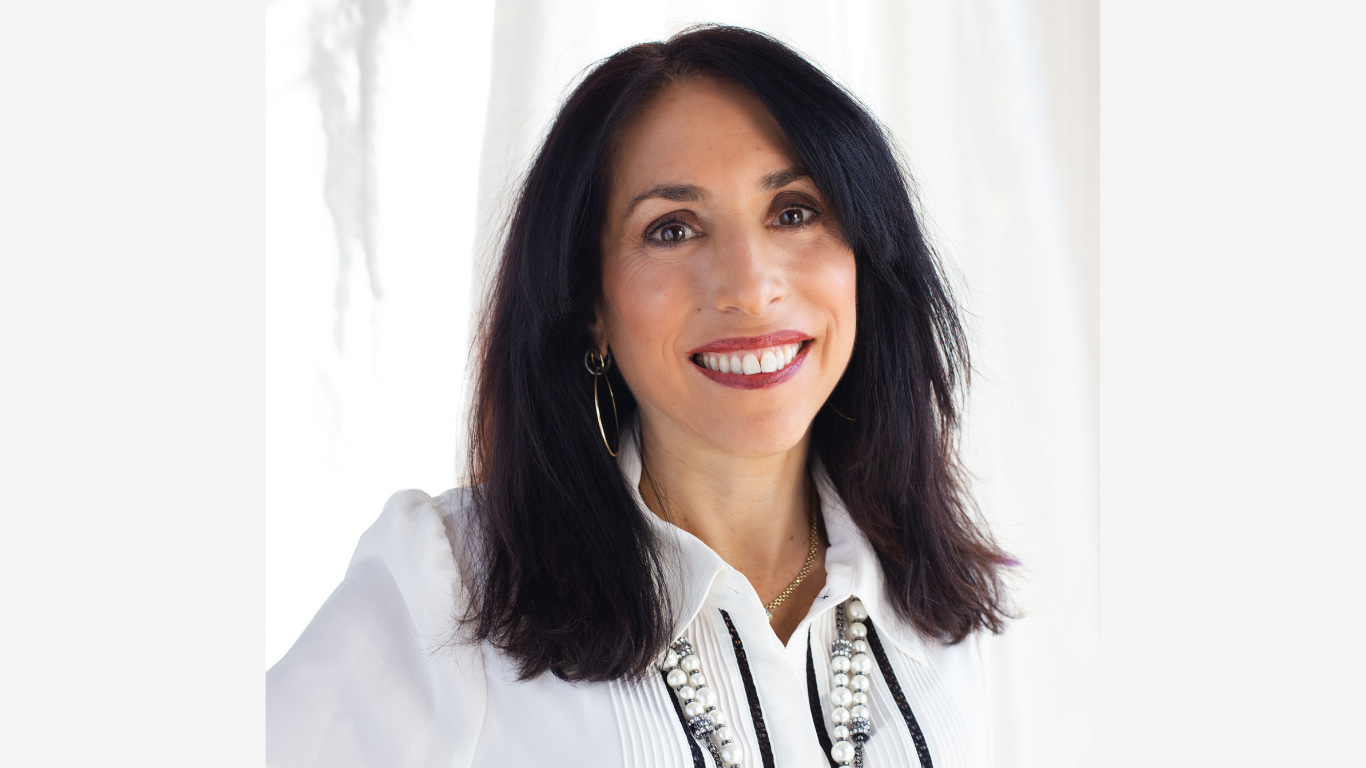Practice 'Agency' and not Pressure
Exercising more choice in how we respond and not reacting
by Lynn Zakeri, a Licensed Clinical Social Worker and therapist
August 28, 2025
Having agency means that you have choices — even when circumstances aren’t ideal.
It is often misunderstood, especially when self-sabotaging thoughts creep in or when it’s misrepresented as selfish or hyper-independent. It’s not. It’s about tuning into your values, owning your decisions and responding instead of reacting.
I’ve been thinking a lot lately about what makes someone easier to talk to: not polite, not agreeable, but someone who makes communication easier, more direct, more useful and less draining.
Agency is at the center of it, not just in the big life sense but in the small moments of conversation. Having it means you know you can make a choice. You don’t just react, repeat or check out. You pause, consider and then respond in a way that reflects what actually matters to you.
Pressure shows up when we act out of fear: fear of conflict, fear of disconnection or fear of getting it wrong. Agency steps in when we pause and choose, based on what actually matters, not just what feels urgent.
I’ve worked with so many people over the years who say they want to communicate better but what they often mean is they want to be understood without changing anything about how they listen or show up.
In relationships, I’ve seen this point hit home again and again.
In sessions, I’ve found myself frustrated, not because someone is wrong but because they’re not really pausing. I’ll say one thing and they’ll respond with a version that shifts the meaning just enough to make it harder to stay on track. It isn’t combative but it’s familiar. The same pattern their partner has described over and over.
Eventually I say what I’m really thinking. “Sometimes when I speak to you, you counter with something that’s not quite what I said. It’s almost like you’re trying to protect yourself or prove something but it puts us into the same stuck loop that you and your other relationships keep landing in.”
They were listening but I needed them to do more than that. I needed them to respond differently. They were answering from pressure; pressure to be right, pressure to defend themselves, pressure to not feel exposed. But they weren’t making an actual choice. That’s where agency was missing.
That’s when I told them we were going to pause the regular work and talk directly about agency: the ability to slow yourself down, notice the urge to defend and choose something different. Even one different response is where change starts.
Agency is not about controlling other people and it’s not about having control over everything. It’s about taking ownership of your side of the conversation.
That includes knowing the difference between being responsive and being a people-pleaser. Agency doesn’t mean saying what others want to hear. It means staying connected to what you actually think, need or believe.
It's the skill of responding instead of reacting, even when things feel intense.
It requires choosing intentional action over automatic reaction. It emphasizes:
Internal motivation: Making choices based on what matters to you instead of just going along with pressure or expectations.
Taking ownership: Knowing that your part of the problem is also your opportunity to do something different. Accepting responsibility for your life and proactively seeking solutions to challenges, instead of passively allowing things to happen to you: not having a victim mentality.
Conscious action: Slowing down and making decisions that line up with what you actually want, not just what feels urgent in the moment. Intentional choices that align with your values and goals.
Empowerment: Believing in your capacity to influence your own life and having faith in your ability to handle tasks and situations. So many of us are governed by self-sabotaging beliefs that are not at all true. But empowerment isn’t permission to ignore others. Real agency also means considering the impact of your choices, not just your intentions.
People often confuse agency with selfishness but they’re not the same. Selfishness ignores the needs of others. Agency honors your own needs while still respecting someone else’s.
It’s the act of standing in your own voice without stepping on the other voices talking with or to you. That includes recognizing when your choices affect someone else and taking that into account before reacting. And if empathy’s not your strong suit, start with this: “If someone did this to me, how would it feel?”
It also means managing what’s coming into your mind. Constant stimulation, whether from your phone, your partner, or your own racing thoughts, makes it harder to stay grounded. So agency starts with paying attention.
What are you letting in? What are you focused on?
Start to notice who you listen to and who you give your attention to. Agency gets stronger in relationships that help you grow and hold you accountable.
If the people around you feed self-doubt or reinforce your worst habits, it gets harder to stay centered. The people you spend time with shape how easy it is to use your voice.
Agency is a feeling and a practice. The more you act from it, the more you’ll feel it. But if you wait until you feel ready, you may stay stuck. Most of the time, the action needs to come first.
You don’t need a huge change. You need a moment where you pause, notice and choose. That’s the first step. And then you do it again. The feeling shows up later.
Someone doesn’t become a great communicator overnight but they start pausing. They catch themselves in the middle of that familiar reaction and try something different. They become less defensive. They stay in the conversation a little longer.
And the people around them notice.
If we want to be better communicators, we have to practice having more choice in how we respond. Not better delivery. Not stronger arguments. Just more choice.
That’s what agency is.
It’s what makes communication more honest, more useful, and more human.
Lynn Zakeri, a Licensed Clinical Social Worker at Lynn Zakeri LCSW Clinical Services





